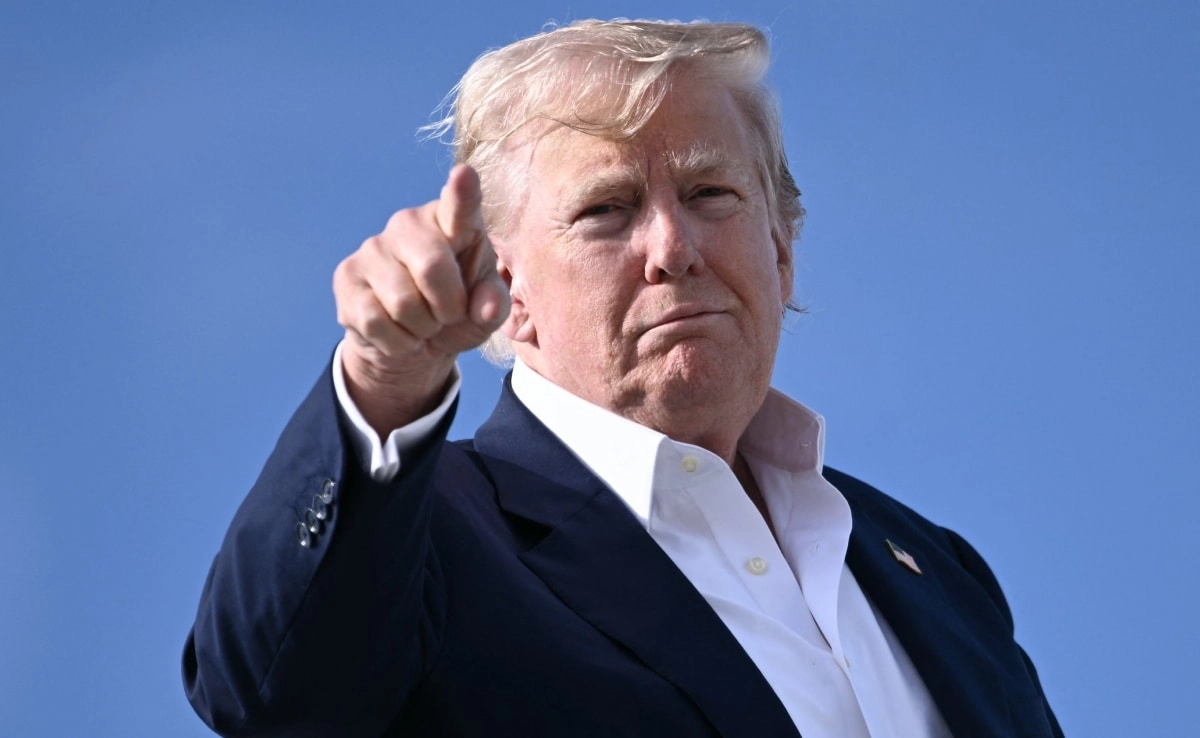The Trump administration’s decision to review the status of approximately 55 million U.S. visa holders marks a significant shift in immigration policy, reflecting an intensified crackdown on foreign nationals residing in the country. This sweeping review encompasses a wide range of visa categories, including work, student, and family-based visas. The initiative aims to ensure that visa holders comply with the terms of their visas and to identify any individuals who may have overstayed their authorizations. By scrutinizing such a large demographic, the administration aims to bolster national security and uphold the integrity of the U.S. immigration system.
The implications of this review are profound. For many visa holders, the uncertainty surrounding their status can lead to anxiety and distress, particularly for those who have built their lives in the U.S. and may now find themselves under threat of deportation. This initiative could disproportionately affect individuals from specific countries or those in particular visa categories, raising concerns about fairness and the potential for discrimination. Moreover, this crackdown may hinder the ability of U.S. businesses to attract and retain talent from abroad, as the fear of being targeted could dissuade foreign professionals and students from pursuing opportunities in the United States.
Critics of the policy argue that the review could lead to a chilling effect on immigration, discouraging individuals from applying for visas or remaining in the country out of fear of scrutiny. The potential for increased deportations raises ethical questions about the treatment of individuals who have contributed to the economy and society. Advocates for immigrant rights emphasize the need for a balanced approach that recognizes the contributions of visa holders while ensuring security measures are in place. As the administration continues to implement its review, the long-term consequences on the U.S. immigration landscape remain to be seen, highlighting the delicate balance between enforcing immigration laws and maintaining a welcoming environment for foreign nationals.




